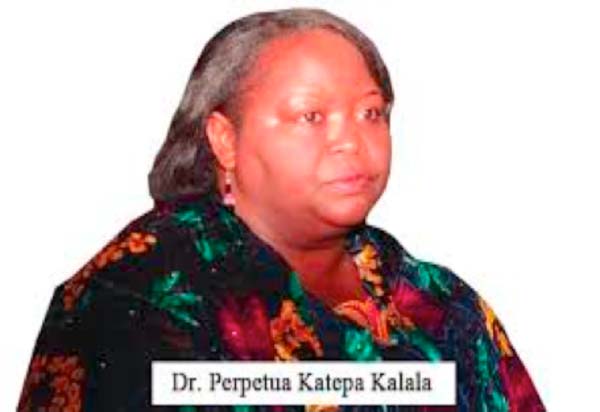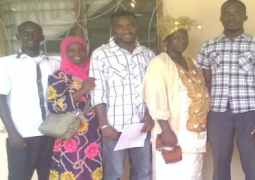
Dr Perpetua Katepa-Kalala was speaking at the FAO-GEF-GOTG preparation grant completion workshop on “Adapting Agriculture to Climate Change” in The Gambia project, held yesterday at the Ocean Bay Hotel.
The FAO country representative said the project’s objective is to promote sustainable and diversified livelihood strategies for reducing the impacts of climate change variability, and change in the agriculture and livestock sector.
“FAO recognises that these challenges must be addressed together in a coherent way, if we are to succeed in providing for our food and other livelihood needs while also preserving and even restoring our natural resources in a healthy condition for future generations,” she added.
The adapting agriculture to climate change in The Gambia project is consistent with The Gambia National Agricultural Investment Plan 2011-2015 (GNAIP), she continued.
“The project is consistent with FAO’s mandate under strategic objectives 2 and 5, which are to make agriculture, forestry and fisheries more productive and sustainable, and to increase resilience of livelihoods from disaster including Climate Change Adaptation.”
Ms Kalala thanked the Gambia government through the ministry of Agriculture and the Natural Resources sectors for the strong relationship which FAO enjoys with all of its government partners.
She reaffirmed FAO’s commitment to deepening its collaboration and cooperation with the Gambia government.
The FOA official further stated that the project aims to support the implementation of immediate adaptation priorities in the agriculture sector, which were identified in the National Adaptation Programme for Action (NAPA).
In May 2015, FAO organised an inception workshop in which many participated and made constructive contributions, she went on, adding that various consultations have also contributed to the awareness raising about the project among key stakeholders, thus promoting design synergies and buy-in during the project development phase.
She also indicated that the final project document would be submitted to the GEF secretariat by the end of January 2016.
The objective of the workshop is to engage all stakeholders present to discuss and validate the project components and proposed activities, as outlined in the project document.
The workshop had the important assignment to ensure that the expectations and contributions, key lessons and best practice models derived from past and ongoing initiatives are taken on board, she said.
Furthermore, the project is in line with the FAO-Gambia country programme framework (CPF), one of whose pillars focuses on strengthening resilience and Climate Change Adaptation.
FAO’s multidisciplinary expertise in agriculture, forestry and fisheries and long-term global involvement with farmers, scientists and policy-makers could facilitate an integrated approach to climate change adaptation, she continued.
FAO provides implementation support to the global, regional, national and local projects designed specifically to address climate change adaptation, climate-related, disaster risk management or a combination of adaptation and mitigation, the FAO official added.


